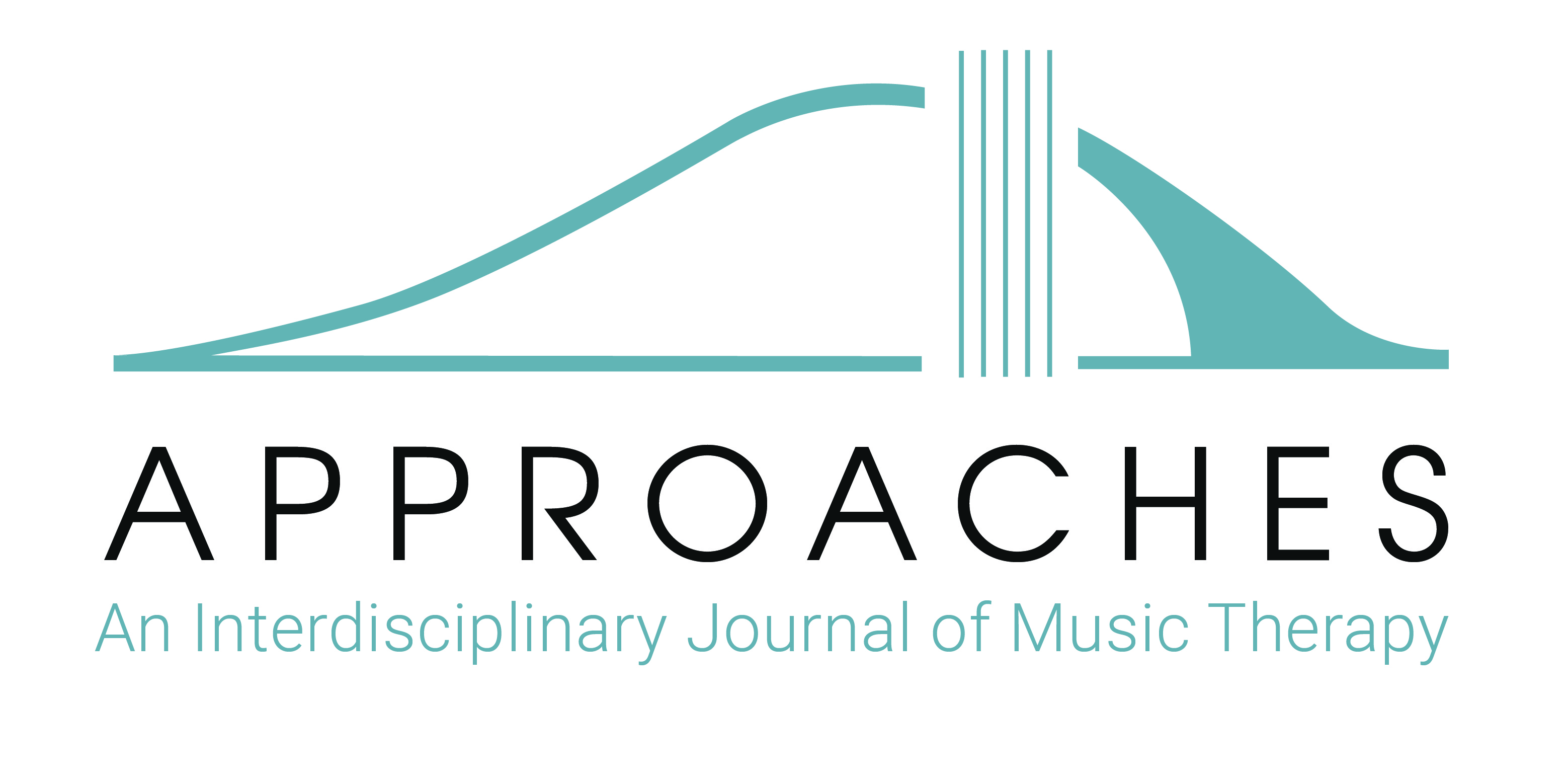Special Issue 5 (2) 2013 – Article
Music Therapy in Special Schools: The Assessment of the Quality of Relationship
Aspasia Fragkouli
(pp. 152-165)
Abstract
This qualitative scientific study – by means of analysing recorded therapeutic sessions with children with autism or mental disability in a special school – examines the process of creating a relationship between the therapist and the child in the context of music-therapeutic moments. The analysis of therapeutic moments was carried out through the AQR-instrument (Assessment of the Quality of Relationship) and led to a) the evaluation of the quality of relationship between the therapist and the child with autism or mental disability during therapy, b) the evaluation of the correspondence of the therapeutic intervention to each child’s developmental level (modus), and c) the appreciation of the differentiation in the relationship between the therapist and the child with autism or mental disability, as well as the size of that differentiation. Regardless of the pathology, it was observed that music therapy with children is advisable when the child shows disorders in his/her emotional development and in the ability to create a relationship. Music-therapeutic interventions that use the child itself as a starting point and follow the concept of elemental music, succeed in mobilising children’s healthy part and promote their development, in many areas. Research data are based on the author’s dissertation thesis: “Music therapy for children with psychological disorders in special education” (Fragkouli 2012).
Keywords
music therapy; autism; mental disability; psychological disorder; AQR-instrument; quality of relationship; shaping of affect
Biography
Aspasia Fragkouli is director of the Special School of Thiva and obtained her PhD at the National and Kapodistrian University of Athens (Title: Music therapy for children with psychological disorders in special education / Assessment of the Quality of Relationship through the AQR-instrument). She holds a master of arts in music therapy from the University of Arts in Berlin (UdK Berlin) and master of arts in special needs education from the National and Kapodistrian University of Athens. Her first degree was obtained at the National and Kapodistrian University of Athens, faculty of Primary Education. She also holds a diploma in monody (classical singing) from the National Conservatoire in Athens and is a member of the German Music Therapy Association (DMTG).
Email: afrangouli@yahoo.com
Note: Part of this article was originally published in Psychological Themata, the journal of the Association of Greek Psychologists (see Fragkouli 2011-2012).
